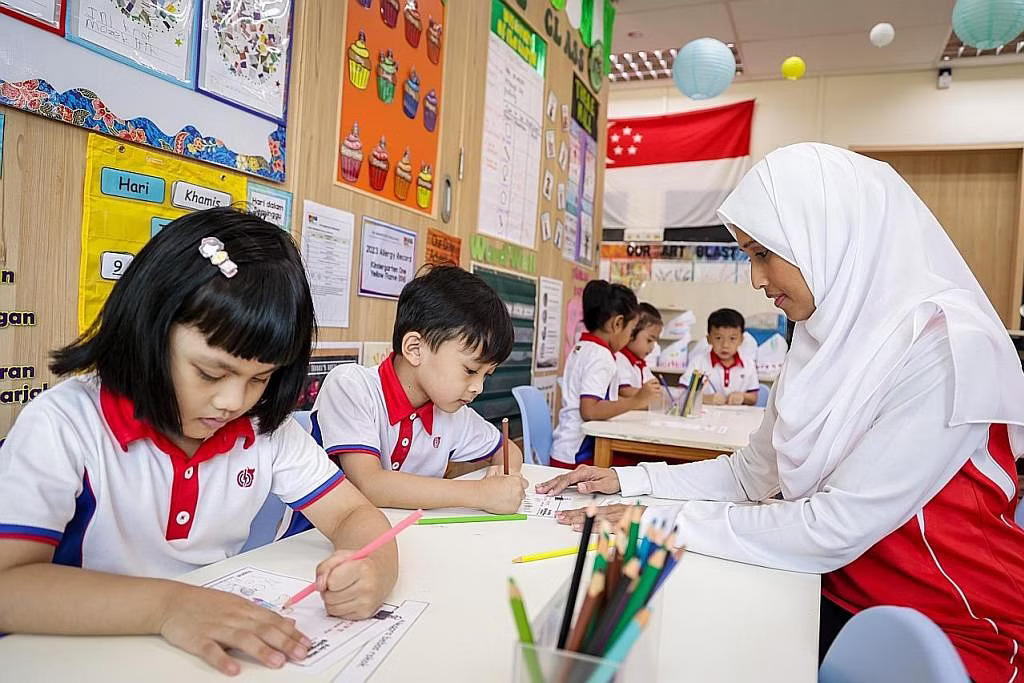Language is dynamic, continually evolving to accommodate new concepts, technologies, and cultural shifts. In Malaysia, the Dewan Bahasa dan Pustaka (DBP) plays a crucial role in this evolution for Bahasa Melayu, ensuring that the language remains relevant and precise. This article explores how DBP adopts and standardizes new terms, highlighting the importance of this process in maintaining linguistic and cultural integrity.
Dewan Bahasa dan Pustaka: An Overview
Established in 1956, Dewan Bahasa dan Pustaka (DBP) is the Malaysian government body responsible for coordinating and promoting the use of Bahasa Melayu. Its key responsibilities include developing and standardizing the language, publishing educational and literary materials, and preserving Malaysia’s literary heritage. DBP’s role extends to the creation and formalization of new terms, ensuring that the language evolves in a structured and coherent manner (Wikipedia).
The Process of Term Formalization – New terms in a developing language
DBP employs a comprehensive and systematic approach to formalizing new terms, which includes the following steps:
- Identification and Collection: New terms that need to be integrated into the language are identified. These terms often arise from advancements in science and technology, globalization, and cultural exchange. DBP collects these terms from various sources, including academic research, media, and public suggestions.
- Evaluation and Consultation: Once potential new terms are identified, they are evaluated by linguistic experts and scholars. DBP organizes consultations and discussions with language professionals, industry experts, and stakeholders to assess the appropriateness and accuracy of the proposed terms. This collaborative approach ensures that the new terms are linguistically sound and culturally relevant (Jurnal DBP).
- Standardization and Approval: After thorough evaluation and consultation, the proposed terms are standardized and formally approved by DBP. This involves creating official definitions, usage guidelines, and ensuring consistency with existing linguistic rules and structures. The approved terms are then documented and published in official lexicons and dictionaries.
- Dissemination and Implementation: DBP actively promotes the use of new terms through educational programs, media campaigns, and collaboration with government agencies and institutions. This ensures that the new terms are widely adopted and integrated into everyday language use (Malay Mail ).
Examples of Term Formalization
“Kuncitara” for “Lockdown”
A notable example is the term “kuncitara” proposed as the Malay translation for “lockdown” during the COVID-19 pandemic. Derived from “kunci” (lock) and “tara” (level), the term encapsulates the concept of lockdown. However, its adoption was not without controversy. Some argued that it did not adequately convey the severity of lockdown measures, while others supported its usage as a concise and linguistically suitable term (Malay Mail )
“Pengkomputeran” for “Computing”
As technology advanced, there was a need for a term that accurately reflected the concept of computing. DBP proposed “pengkomputeran,” which combines “peng” (a prefix indicating an action or process) and “komputer” (computer). This term has been widely accepted and is used in various contexts, showcasing DBP’s ability to adapt the language to modern technological advancements (Wikipedia).
“Jalur Gemilang” for the Malaysian Flag
Another example is the formalization of the term “Jalur Gemilang” to refer to the Malaysian flag. This term was chosen to evoke a sense of pride and patriotism, with “jalur” meaning stripes and “gemilang” meaning glorious. The adoption of this term reflects DBP’s role in not only linguistic but also national identity development (DBP Official).
Challenges in Formalizing New Terms
The process of formalizing new terms is complex and involves several challenges:
- Cultural Sensitivity: Ensuring that new terms are culturally appropriate and resonate with the public is crucial. Terms must be carefully chosen to avoid misunderstandings and to reflect the cultural and societal context accurately (DBP Official).
- Public Acceptance: Even after a term is standardized and approved, its acceptance by the public is not guaranteed. Continuous efforts are required to promote the new terms and integrate them into everyday usage.
- Technological Advancements: Rapid technological advancements require constant updates to the language. DBP must stay ahead of these changes to ensure that Bahasa Melayu remains relevant in all fields, including science, technology, and business (Jurnal DBP).
The Impact of DBP’s Work
DBP’s efforts in formalizing new terms have far-reaching implications for Malaysia’s linguistic and cultural landscape. By ensuring that Bahasa Melayu remains current and adaptable, DBP helps preserve the language’s relevance in an increasingly globalized world. Moreover, the standardized terms contribute to clearer communication, particularly in technical and specialized fields, thereby enhancing understanding and knowledge dissemination (DBP Official).
Conclusion
Dewan Bahasa dan Pustaka (DBP) plays an indispensable role in the evolution of Bahasa Melayu, ensuring that the language remains dynamic and relevant. Through a meticulous process of identification, evaluation, standardization, and dissemination, DBP formalizes new terms that reflect contemporary realities and advancements. The examples of “kuncitara” for “lockdown” and “pengkomputeran” for “computing” illustrate the challenges and importance of this process. As Malaysia continues to evolve, DBP’s role in shaping and enriching the national language will remain vital.
By understanding and appreciating the work of DBP, translation companies such as VEQTA Translations recognize the importance of preserving and evolving the Malay linguistic heritage in a way that respects both tradition and modernity.


